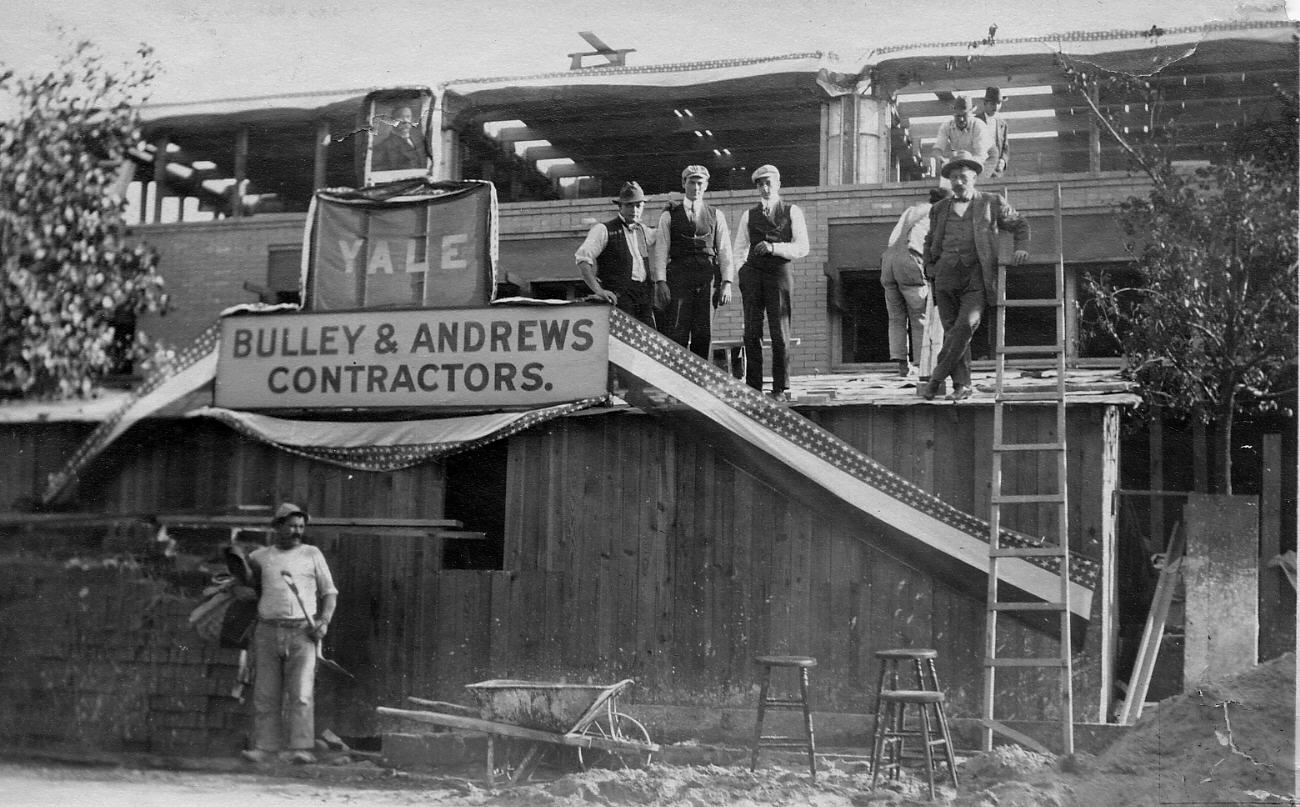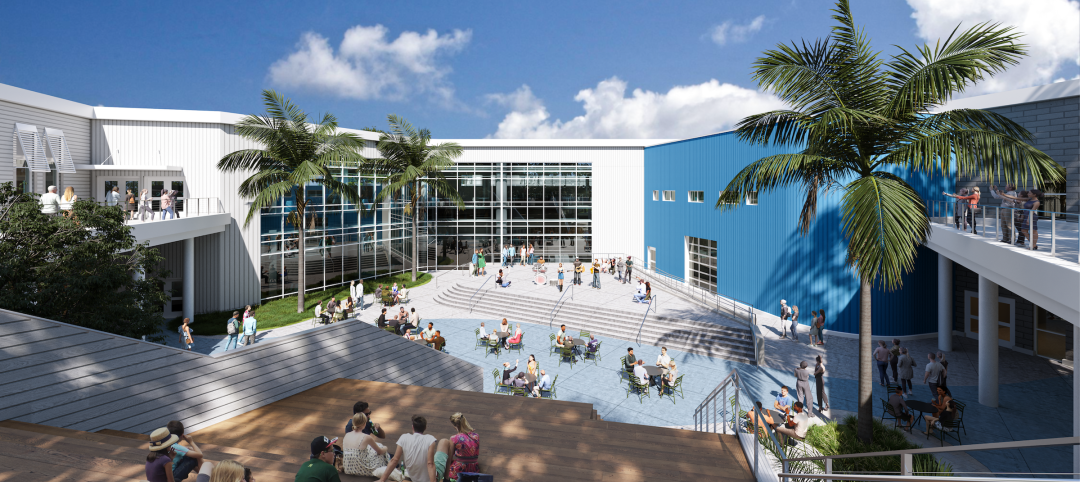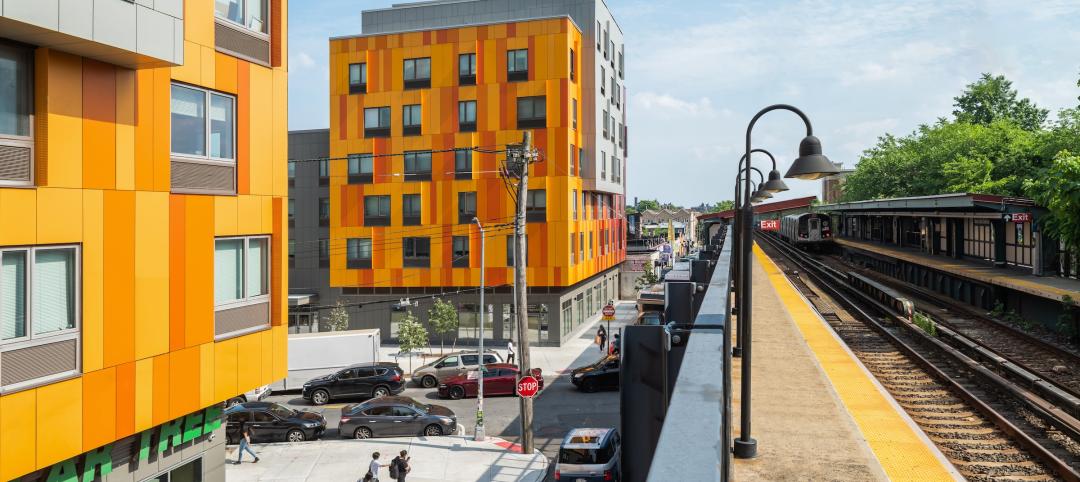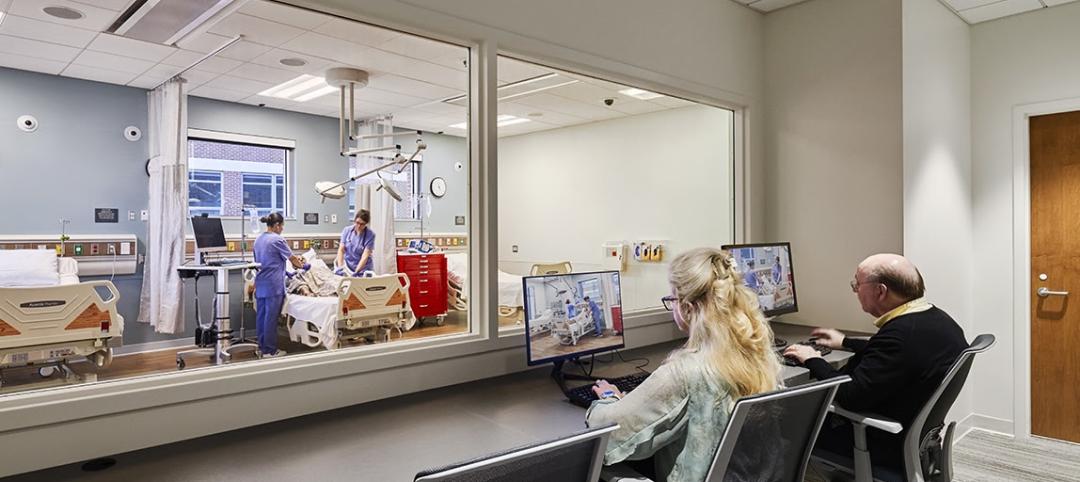In 1891, Frederick Bulley, a 21-year-old English stone mason, partnered with Alfred Andrews, an architect. Four generations and 120 years later, the modest, two man operation has become one of the most successful and well-respected general contracting firms in Chicago.
This year, Bulley & Andrews is proud to celebrate 120 years in business. The family-owned and operated general contractor attributes this significant milestone to the strong foundation built decades ago on honesty, integrity, and service in construction. The firm will celebrate the momentous occasion by hosting an open-house gathering for clients, partners and friends of the firm at the Chicago Club on Thursday, October 13, 2011.
Chairman and CEO, Allan E. Bulley, Jr., and President, Allan E. Bulley, III are the third and fourth generations, respectively, to lead Bulley & Andrews. Yet, family pride and commitment to the firm extends far beyond ownership.
Today, Bulley & Andrews’ annual revenues exceed $210 million and the company employs approximately 70 project management and administrative staff as well as over 200 field personnel. As a self-performing contractor, B&A employs a number of tradesmen whose family histories with the organization span generations and include fathers, grandfathers, brothers and sisters, many of whom have been with the organization for over 25 years.
Significant events in the company’s history include the establishment of Bulley & Andrews Masonry Restoration, LLC, in 2005. Known as BAMR, the group oversees and performs all services necessary to maintain, protect and preserve a building’s exterior. Five years later, in 2010, Bulley & Andrews acquired the assets of Takao Nagai Associates to develop the subsidiary known as Takao Nagai Concrete Restoration. Their concrete repair and waterproofing expertise complements Bulley & Andrews’ extensive restoration experience.
Over the past 120 years, the company has built and restored many of Chicago’s most significant landmarks. Late in 1941, Bulley & Andrews was commissioned by the Atomic Energy Commission to build the laboratory space for the Manhattan Project. Located beneath Stagg Field at The University of Chicago, the project was built in complete secrecy. Decades later, Bulley & Andrews has helped to construct McDonald’s corporate campus in Oak Brook, Ill., restore Frank Lloyd Wright’s famed Robie House and maintain and expand S&C Electric’s campus on the northside. The firm is currently building the world’s largest Ronald McDonald House in downtown Chicago. BD+C
Related Stories
Office Buildings | May 20, 2024
10 spaces that are no longer optional to create a great workplace
Amenities are no longer optional. The new role of the office is not only a place to get work done, but to provide a mix of work experiences for employees.
Mass Timber | May 17, 2024
Charlotte's new multifamily mid-rise will feature exposed mass timber
Construction recently kicked off for Oxbow, a multifamily community in Charlotte’s The Mill District. The $97.8 million project, consisting of 389 rental units and 14,300 sf of commercial space, sits on 4.3 acres that formerly housed four commercial buildings. The street-level retail is designed for boutiques, coffee shops, and other neighborhood services.
Construction Costs | May 16, 2024
New download: BD+C's May 2024 Market Intelligence Report
Building Design+Construction's monthly Market Intelligence Report offers a snapshot of the health of the U.S. building construction industry, including the commercial, multifamily, institutional, and industrial building sectors. This report tracks the latest metrics related to construction spending, demand for design services, contractor backlogs, and material price trends.
K-12 Schools | May 15, 2024
A new Alabama high school supports hands-on, collaborative, and diverse learning
In Gulf Shores, a city on Alabama’s Gulf Coast, a new $137 million high school broke ground in late April and is expected to open in the fall of 2026. Designed by DLR Group and Goodwyn Mills Cawood, the 287,000-sf Gulf Shores High School will offer cutting-edge facilities and hands-on learning opportunities.
Adaptive Reuse | May 15, 2024
Modular adaptive reuse of parking structure grants future flexibility
The shift away from excessive parking requirements aligns with a broader movement, encouraging development of more sustainable and affordable housing.
Affordable Housing | May 14, 2024
Brooklyn's colorful new affordable housing project includes retail, public spaces
A new affordable housing development located in the fastest growing section of Brooklyn, N.Y., where over half the population lives below the poverty line, transformed a long vacant lot into a community asset. The Van Sinderen Plaza project consists of a newly constructed pair of seven-story buildings totaling 193,665 sf, including 130 affordable units.
K-12 Schools | May 13, 2024
S.M.A.R.T. campus combines 3 schools on one site
From the start of the design process for Santa Clara Unified School District’s new preK-12 campus, discussions moved beyond brick-and-mortar to focus on envisioning the future of education in Silicon Valley.
University Buildings | May 10, 2024
UNC Chapel Hill’s new medical education building offers seminar rooms and midsize classrooms—and notably, no lecture halls
The University of North Carolina at Chapel Hill has unveiled a new medical education building, Roper Hall. Designed by The S/L/A/M Collaborative (SLAM) and Flad Architects, the UNC School of Medicine’s new building intends to train new generations of physicians through dynamic and active modes of learning.
Sustainability | May 10, 2024
Perkins&Will’s first ESG report discloses operational performance data across key metrics
Perkins&Will recently released its first ESG report that discloses the firm’s operational performance data across key metrics and assesses its strengths and opportunities.
MFPRO+ News | May 10, 2024
HUD strengthens flood protection rules for new and rebuilt residential buildings
The U.S. Department of Housing and Urban Development (HUD) issued more stringent flood protection requirements for new and rebuilt homes that are developed with, or financed with, federal funds. The rule strengthens standards by increasing elevations and flood-proofing requirements of new properties in areas at risk of flooding.

















